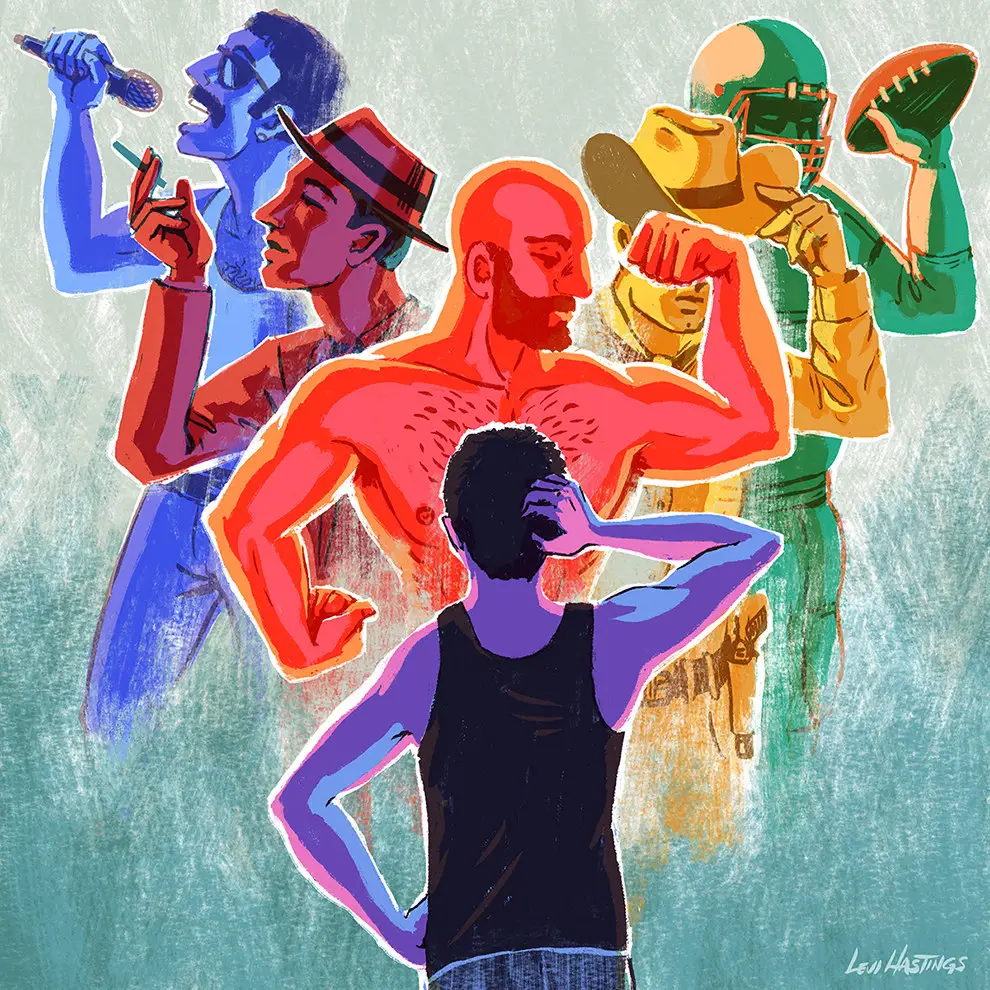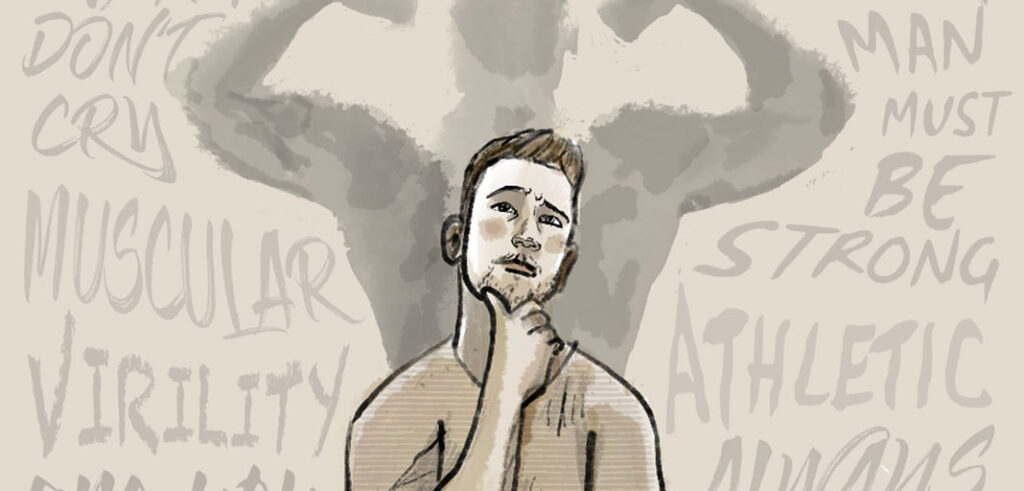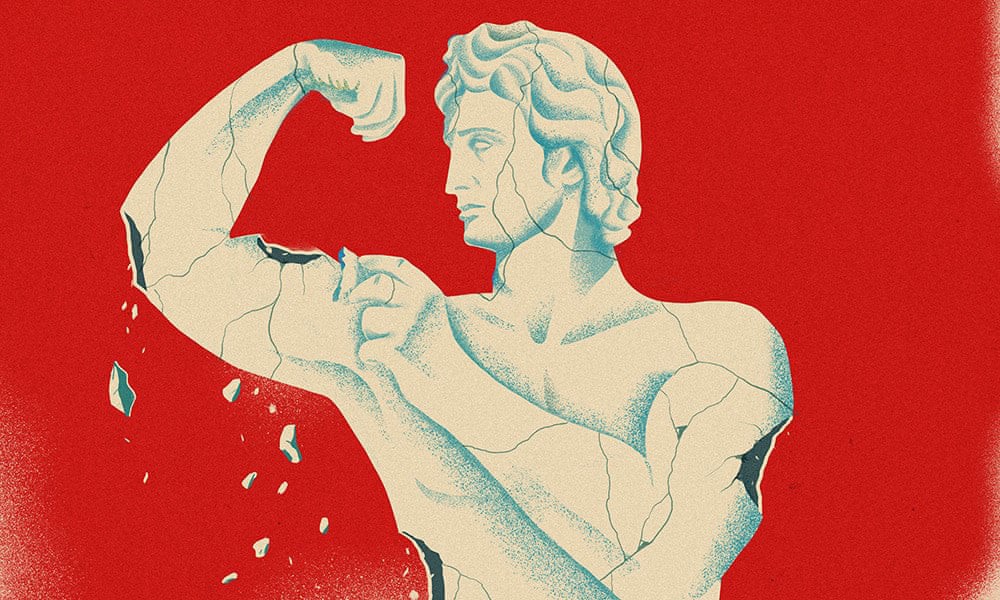By Dimitris Kolias,
If you frequent internet forums for any length of time, you are bound to see the term “alpha male”. The most use of this term today is been made in internet memes, although there are people who think it can be used to describe the behavior of humans, or at least other pack animals. Does this claim hold any merit? No. No, it does not, but it is interesting to see how this misconception came to be, why people find it appealing and how it was debunked in the first place.
First, let us see how “alpha” is used. Prior to the 1990s’, the term was used solely regarding non-human animals. Being “alpha” basically meant being “first in line”. The alpha male was the first one to eat, the first one to mate, and the one that will successfully defend its territory, and the females(?), against intruders or rivals. This definition was based on a book written by L. David Mech 1970, a biologist and university professor who specializes in the study of wolves. In his book titled The Wolf: Ecology and Behaviour of an Endangered Species, Mech claimed that wolves in captivity control their pack through violent matches, with the winning male being the alpha of the pack.

About a decade later, in 1982, a book called Chimpanzee Politics: Power and Sex Among Apes was published by primatologist and ethologist Frans De Waal, where he suggested some observations of social interactions between chimps, could be applied to human populations as well. Commentary made on his book by other media outlets, like The Chicago Tribune, after its publication, reinforced that idea, and eventually, in the early ’90s, the term “alpha male” began to be used to describe humans as well. At first, it was only used by some media to describe “manly” men who also excelled in business, but now, thirty or so years later, its definition has evolved, it has slipped further into para science, it has become vaguer and, funnily, maybe more inclusive.
We can, as previously stated, come across people who claim to be alpha males or can help you to become one mostly on the internet. There is a plethora of YouTube videos and articles online, both coming from channels and websites with oddly “macho” names in which they claim to hold the roadmap to becoming an alpha male, or “the top ten character traits of an alpha male” or something of that frequency. The truth is that these outlets are just a subgroup of the “self-improvement” industry and making you an “alpha” male or getting you to know the characteristics or one is just their selling pitch. What they sell you boils down to positive personality traits, “be confident”, “be assertive”, and “do not speak unless you have something to say”. Which if kept vague enough can apply to the character of a large percentage of the human population, not only the males, or persuade someone to whom they don’t apply to “improve” his personality. Whatever is left are obsolete “tips” on how to get women to notice you, e.g. “don’t take no for an answer”, that today are considered, rightly, borderline sexist and in some cases a form of sexual assault.

So, if today’s definitions of “alpha” males are a mix between banal self-improvement tips and weird anachronistic dating advice, and there has not been to my knowledge a single peer-reviewed study proving that it is not, maybe there is some truth to the older definitions, the ones regarding animals.
For that reason, we must return to Dr. Mech and his wolves. As stated, Mech did his study on captive wolves, not a wild population it was known though, even at the time, that captive animals tend to behave differently than their wild counterparts due to a larger amount of stress and limited space. That urged him after some years to replicate his study by observing, this time, wild wolves what he found has much more in line with both other studies and our current understanding of animal behavioral patterns. He observed in his own words: “In nature, wolves split off from their packs when they mature and seek out opposite-sex companions with whom to form new packs. The male and female co-dominate the new pack for a much simpler, more peaceful reason: They’re the parents of all the pups”. He has also gone on record, from 1999 onwards, stating that the information on his original book is inaccurate and has tried multiple times to stop its publication even though he has failed to do so for now.
So where does that leave the “alpha” males? They are left with an old inaccurate definition, a definition that even the scientist who first adopted it has disavowed as misleading and is actively trying to rid the world from, and some YouTube gurus that are most likely just trying to make a profit from people’s insecurities. It is my firm belief that a character trait that cannot even be applied to wolves an animal that forms packs of a maximum of ten members cannot under any circumstance be applied to the infinitely more complex humans and their even more complex societies.
References
- Nowak, Ronald & Watkins, Larry & Mech, L.. (1971). The Wolf: The Ecology and Behavior of an Endangered Species. Journal of Mammalogy.
- Frans de Waal. (2007). Chimpanzee Politics: Power and Sex among Apes. Johns Hopkins University Press.
- Do alpha males even exist?, theguardian.com, Available here
- The Myth of the Alpha Male, greatergood.berkeley.edu, Available here




